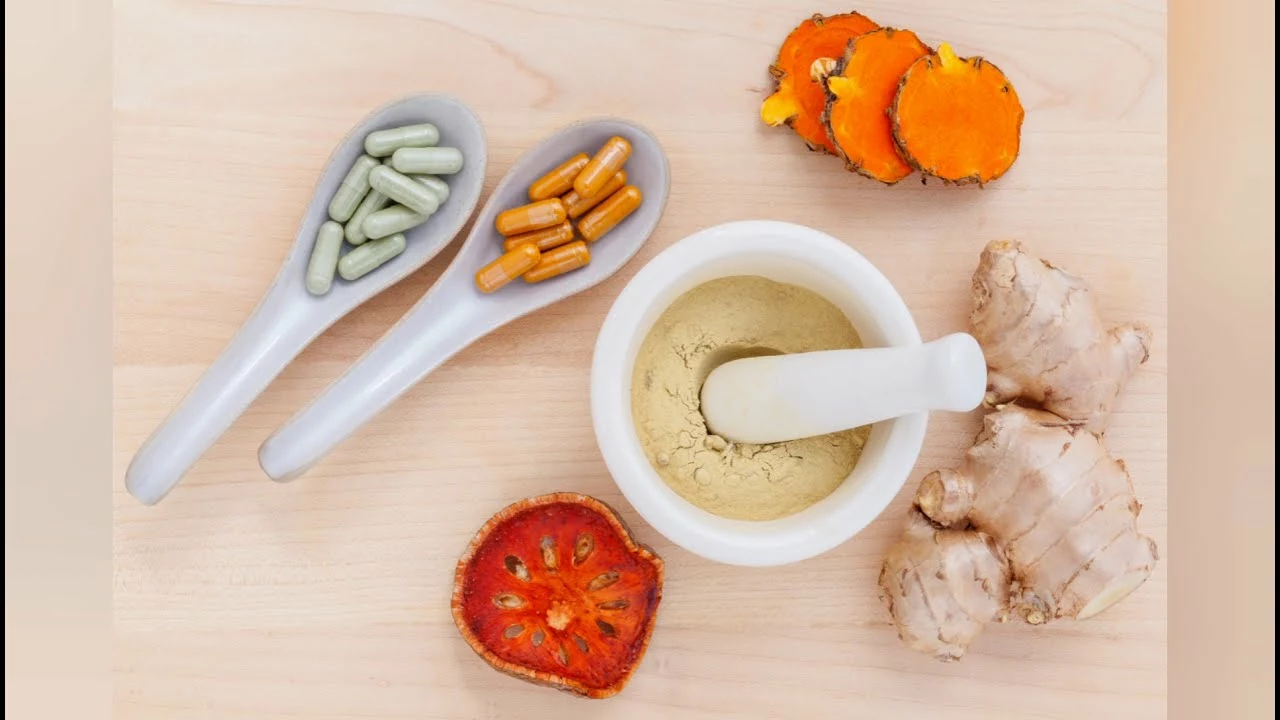Natural Remedies That Actually Help: Simple fixes for common problems
You don't always need a prescription for a minor cough, sleepless night, or sore muscles. Natural remedies can work well if you pick the right one for the problem and use it safely. Below I share straightforward options you can try at home and explain when it's time to get medical help.
Quick remedies for common issues
Cold and sore throat: Gargle with warm salt water (half a teaspoon of salt in 8 oz water) to reduce throat irritation. For cough and sore throat, a teaspoon of honey (over age 1) soothes and can shorten cough in adults and older kids. Add a humidifier or hot shower steam to loosen mucus.
Sleep and stress: Stick to a bedtime routine—same sleep time, dim lights, no screens 30 minutes before bed. Try chamomile tea or a small magnesium supplement in the evening; many people notice calmer sleep. For short-term stress relief, deep breathing (4 seconds in, 6 out) or a 10-minute walk can lower anxiety quickly.
Digestion: Ginger tea helps nausea and upset stomach—sip slowly after meals. For bloating, peppermint tea or enteric-coated peppermint oil capsules often ease symptoms. Probiotics may help with recurring gut issues, but choose a product with clear strain information and follow the label.
Pain and inflammation: Turmeric or curcumin supplements can reduce mild joint pain for some people, especially when paired with black pepper for absorption. Omega-3 fish oil supports joint health too. For localized pain, try topical arnica or cold/hot packs depending on recent injury vs chronic ache.
Skin and minor wounds: Aloe vera soothes sunburn and minor skin irritation. For acne spots, diluted tea tree oil applied briefly can help; always patch-test first to avoid irritation. Clean cuts with soap and water and keep them covered—honey has natural antibacterial properties but use medical-grade products for deep wounds.
Safety rules and when to see a doctor
Natural doesn't mean risk-free. Herbs and supplements can interact with prescription meds (blood thinners, blood pressure drugs, antidepressants), and dosages vary. If you are pregnant, breastfeeding, have chronic illness, or take regular medication, check with your healthcare provider before starting any supplement.
Watch for warning signs: high fever, severe pain, shortness of breath, sudden swelling, or symptoms that get worse after 48–72 hours. Those need prompt medical care. Use natural remedies for mild, short-term issues and as supportive care alongside treatments your doctor recommends.
Simple natural fixes can be useful, affordable, and low-risk when used right. Try one change at a time, watch how your body responds, and ask a clinician if you’re unsure. Small steps often make a big difference in feeling better fast.

Fig-uring Out Your Health: The Surprising Benefits of Fig Dietary Supplements
- 17 Comments
- Jun, 12 2023
I recently discovered the amazing benefits of fig dietary supplements and I just had to share it with you all! Not only do figs taste delicious, but they're also packed with essential nutrients like fiber, calcium, and potassium. I've learned that incorporating fig supplements into my diet has the potential to boost my digestive health, strengthen my bones, and even help with weight management. I'm loving the positive impact these fig supplements are having on my overall health and well-being. Give them a try and see the difference for yourself!




